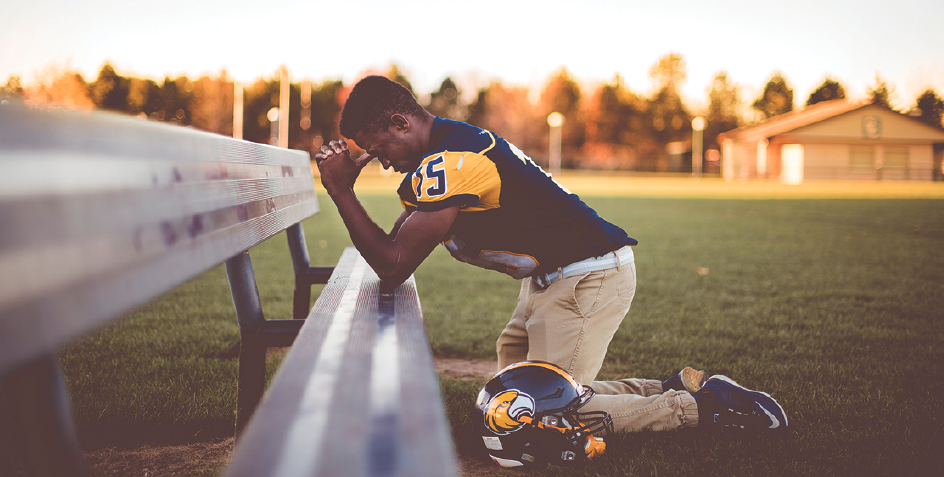By Melissa Wuske
Faith & the Philadelphia Eagles
There is a spiritual awakening happening in an unexpected place: a professional football team. “This is by far the most spiritual team I’ve been on,” said Chase Daniel, a quarterback for the Philadelphia Eagles. Daniel leads a weekly Bible study and prayer time for the team. Five players have been baptized.
Trey Burton, a tight end on the team, said faith in God helped heal him after an injury. “I had a couple guys here lay hands on me and pray on me, and then I went home and had my wife and my kids and one of our pastor friends come and lay their hands on me, and immediately I woke up the next morning and I was totally fine.”
Support of Physician-Assisted Suicide
“If they are facing a slow, painful death, Americans want options,” said Scott McConnell, executive director of LifeWay Research. “Many believe that asking for help in dying is a moral option. They don’t believe that suffering until they die of natural causes is the only way out.”
More than two-thirds of Americans agree with this statement: “When a person is facing a painful terminal disease, it is morally acceptable to ask for a physician’s aid in taking his or her own life,” according to a LifeWay Research study. That percentage includes 59 percent of all Christians and 38 percent of evangelicals.
“Traditional Christian teaching says God holds the keys to life and death,” said McConnell. “Those who go to church or hold more traditional beliefs are less likely to see assisted suicide as morally acceptable. Still, a surprising number do.”
Despite public support, the American Medical Association says physician-assisted suicide is “fundamentally incompatible with a physician’s role as healer.” McConnell said, “To ask physicians to turn from their task of healing is not a decision to make lightly.”
Shortage of Doctors for Older Americans
“With the growing elderly population across America and West Virginia, obviously we need healthcare providers,” said Dr. Todd Goldberg, who is one of only 36 geriatricians in West Virginia, the state with the third oldest population in the nation, behind Maine and Florida.
“The current workforce is inadequately trained and inadequately prepared to deal with what’s been called the silver tsunami—a tidal wave of elderly people—increasing in the population,” Goldberg said. Goldberg treats older patients and oversees a fellowship for doctors training to serve older people, but no students have entered the program in three years. “This is not just our local program, or in West Virginia,” he said. “This is a national problem.”
American Views on Fake News
Fake news has become a common phenomenon on social media, and according to a report by Pew Research Center, about a third of Americans say they often see such news stories and nearly 40 percent sometimes do. Even more people believe fake news stories are a problem: nearly 64 percent of Americans believe fake news causes “a great deal of confusion.” Most people think they can identify whether a story is fake. Almost 39 percent are very confident in their ability to spot the stories and 45 percent are somewhat confident.
Overall, Americans assign similar amounts of responsibility to the public, the government, and social media sites and search engines for stopping the spread of fake news. However, people over age 50 are more likely to put more responsibility on the government than those ages 18 to 49. While 53 percent of the older group called on the government, only 38 percent of the younger group asked the government to take responsibility.
Melissa Wuske is a freelance editor and writer. She and her husband, Shawn, live and minister in Jamaica Plain, Massachusetts. Find her work online (melissaannewuske.com).



Comments: no replies